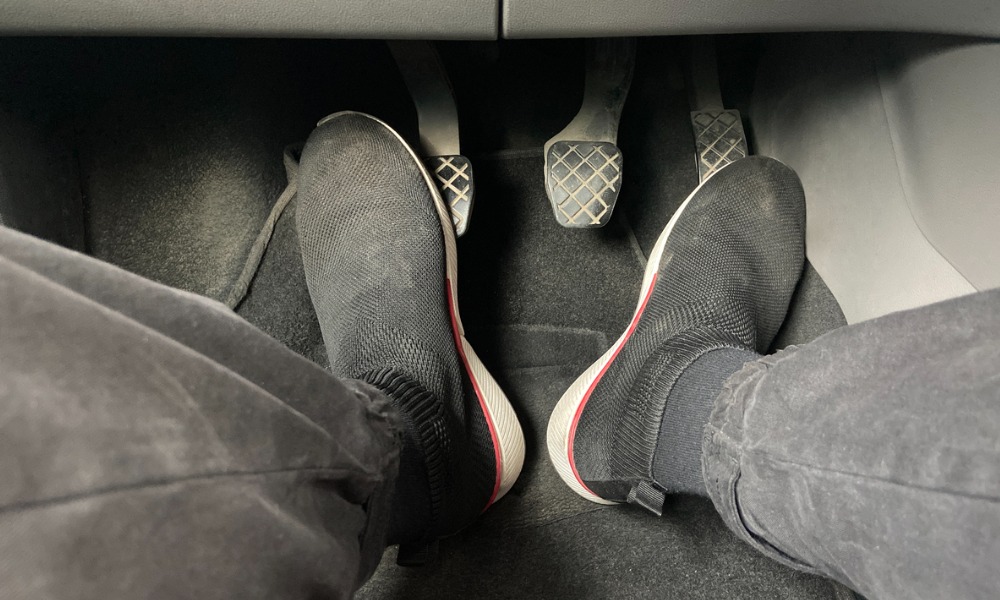Fumes entered a vehicle's interior through a faulty clutch, leading to injuries

The Nova Scotia Supreme Court has ordered a personal injury lawsuit from an incident attributed to a defective or incorrectly installed vehicle clutch to proceed without a jury.
The dispute in Boyce v. Waterloo Insurance Company, 2024 NSSC 54 involved Charles Boyce and several defendants, including Economical Insurance, VW Credit Inc., and Volkswagen Group Canada Inc. Boyce's lawsuit stemmed from an incident where smoke and fumes entered his vehicle's interior due to what he alleged was a faulty or improperly installed clutch, leading to lung and cognitive injuries. These injuries, he claimed, resulted in his employment termination.
Boyce's legal action included claims against the Volkswagen defendants for the injuries and against Economical for an alleged breach of contract related to accident benefits under his automobile insurance policy.
Economical moved for the trial to be heard by a judge alone, citing the Judicature Act and Civil Procedure Rule 52 as its basis. While supporting the motion, the VW Defendants did not actively participate in it.
The court deliberated the motion, with Boyce participating remotely from Calgary. Economical, through an associate lawyer, submitted affidavits supporting their position, while Boyce did not present any affidavit evidence. Despite this, both parties submitted their arguments in briefs to the court.
The case has faced several delays and procedural challenges throughout the proceedings, notably due to Boyce's health issues and his decision to represent himself. The court ultimately allowed the case to proceed with a judge-alone trial, raising concerns regarding the complexity of the case, including the need for expert testimony to establish the cause and impact of Boyce's injuries, as well as the feasibility of a self-represented litigant managing these complexities before a jury.
The NS Supreme Court acknowledged that while there is a fundamental right to a jury trial, it is not absolute and must be balanced against the need for a fair and efficient judicial process. Citing precedents, the court outlined several factors justifying a trial by judge alone, including cases involving intricate legal and factual issues, technical matters not easily presented to a jury, and instances where the evidence is extensive and complex.
Moreover, the court considered Boyce's self-representation and the challenges it posed in navigating the legal and procedural aspects of the case. His health conditions and the emotional toll of the litigation process also raised concerns about his ability to endure a jury trial.
In its ruling, the court emphasized the need to ensure justice is served efficiently and fairly, acknowledging Boyce's difficulties in presenting his case before a jury. Consequently, the motion to set aside Boyce's jury trial selection was granted, with the trial set to be heard by a judge alone.










